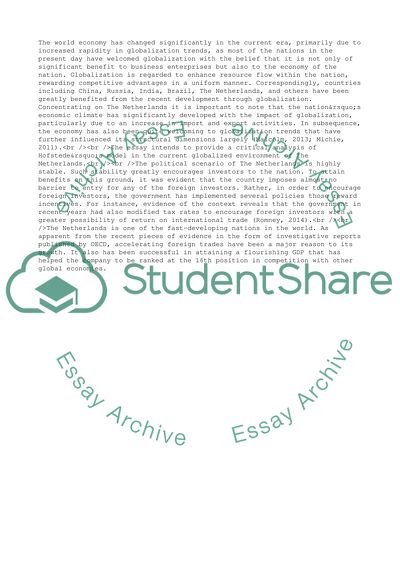Cite this document
(Exploring Theory and Empirical Evidence and Relating This to a Coursework Example | Topics and Well Written Essays - 2250 words, n.d.)
Exploring Theory and Empirical Evidence and Relating This to a Coursework Example | Topics and Well Written Essays - 2250 words. https://studentshare.org/management/1855402-comparison-exercise-exploring-theory-and-empirical-evidence-and-relating-this-to-a-practical-critical-incidents-in-cross-cultural-settings
Exploring Theory and Empirical Evidence and Relating This to a Coursework Example | Topics and Well Written Essays - 2250 words. https://studentshare.org/management/1855402-comparison-exercise-exploring-theory-and-empirical-evidence-and-relating-this-to-a-practical-critical-incidents-in-cross-cultural-settings
(Exploring Theory and Empirical Evidence and Relating This to a Coursework Example | Topics and Well Written Essays - 2250 Words)
Exploring Theory and Empirical Evidence and Relating This to a Coursework Example | Topics and Well Written Essays - 2250 Words. https://studentshare.org/management/1855402-comparison-exercise-exploring-theory-and-empirical-evidence-and-relating-this-to-a-practical-critical-incidents-in-cross-cultural-settings.
Exploring Theory and Empirical Evidence and Relating This to a Coursework Example | Topics and Well Written Essays - 2250 Words. https://studentshare.org/management/1855402-comparison-exercise-exploring-theory-and-empirical-evidence-and-relating-this-to-a-practical-critical-incidents-in-cross-cultural-settings.
“Exploring Theory and Empirical Evidence and Relating This to a Coursework Example | Topics and Well Written Essays - 2250 Words”. https://studentshare.org/management/1855402-comparison-exercise-exploring-theory-and-empirical-evidence-and-relating-this-to-a-practical-critical-incidents-in-cross-cultural-settings.


